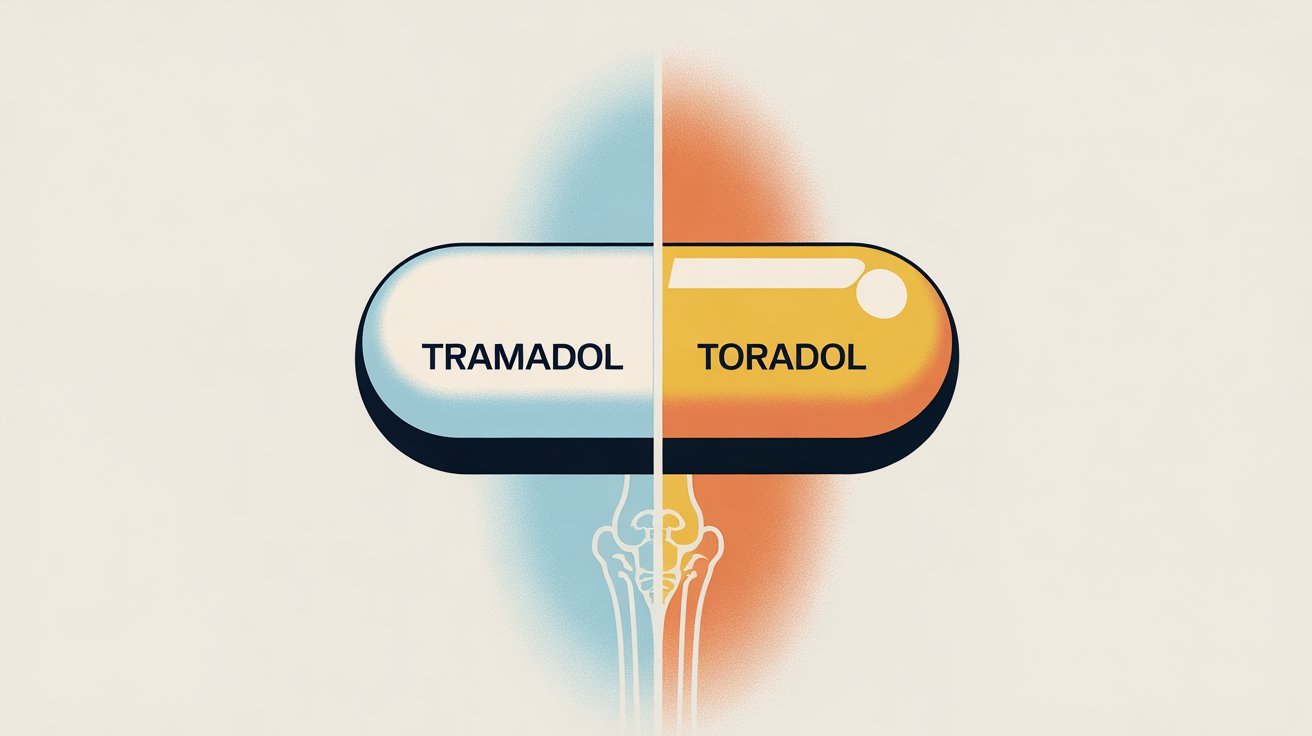Saxenda is a prescription medication primarily using for weight loss. It contains liraglutide, a glucagon-like peptide-1 (GLP-1) receptor agonist, which helps regulate blood sugar and suppress appetite. As with any medication, it is important to understand the potential side effects of Saxenda, including whether hair loss is a possible concern. While not widely discussed, some users have reported experiencing hair thinning or loss while using the drug. In this article, we explore whether Saxenda causes hair loss and what scientific studies reveal about this potential side effect.
Understanding the Relationship Between Saxenda and Hair Loss:
Hair loss is a common concern among individuals undergoing significant weight loss or taking medications to assist with weight management. Saxenda cause hair loss Dubai (هل تسبب ساكسيندا تساقط الشعر دبي), by promoting weight loss, can indirectly impact hair health. Rapid weight loss, regardless of the method used, can often lead to a temporary condition called telogen effluvium, which results in hair thinning or shedding. However, it is important to distinguish whether the hair loss is due to Saxenda itself or other factors related to the weight loss process.
Mechanisms of Saxenda:
Saxenda works by mimicking the actions of GLP-1, a hormone that plays a role in regulating blood sugar and appetite. By increasing feelings of fullness and reducing appetite, Saxenda helps individuals reduce their calorie intake and ultimately lose weight. While weight loss is the intended effect, it can create stress on the body. In particular, rapid or extreme weight loss can disturb the normal hair growth cycle, pushing hair follicles into the shedding phase, which could be interpret as hair loss.
Telogen Effluvium: A Common Cause of Hair Loss
Telogen effluvium is the most common type of hair loss related to rapid weight loss. When the body undergoes significant stress—whether from dietary changes, medications, or illness—the normal hair growth cycle can be disrupt. Typically, hair goes through three stages: anagen (growth), catagen (transition), and telogen (resting). During telogen effluvium, a large number of hair follicles prematurely enter the resting phase, leading to increased shedding. This condition is often temporary, and hair usually grows back once the underlying cause is addresses.
What Do Studies Say About Saxenda and Hair Loss?
Several studies have evaluated the safety and efficacy of Saxenda in promoting weight loss, but hair loss has not been a primary focus in the research. However, the drug’s ability to cause rapid weight loss may indirectly contribute to hair thinning, especially in individuals who lose weight quickly. A study published in Diabetes, Obesity and Metabolism highlighted that while Saxenda effectively promotes weight loss, side effects like nausea, diarrhea, and fatigue are more commonly reported. Hair loss was not prominently feature as a significant side effect, though anecdotal reports suggest some users have experienced it.
Factors That May Contribute to Hair Loss During Saxenda Treatment:
While Saxenda itself may not directly cause hair loss, several factors related to its use could contribute. These include:
Nutrient Deficiency: Weight loss achieved through Saxenda may lead to inadequate nutrition, which can negatively affect hair health. Insufficient intake of vitamins and minerals, particularly iron, zinc, and biotin, can lead to hair shedding.
Stress on the Body: The physical and emotional stress of losing weight rapidly can impact the body’s systems, including hair growth.
Hormonal Changes: Weight loss, especially if it is substantial, can trigger hormonal shifts in the body. Hormonal imbalances are known to contribute to hair thinning.
Is Hair Loss Permanent?
For most individuals, Saxenda cause hair loss (تسبب ساكسيندا تساقط الشعر) by rapid weight loss or medications like Saxenda is temporary. Once the body adjusts to the weight loss or the medication is discontinued, hair usually regrows. However, the timeline for hair recovery can vary, with some individuals experiencing regrowth within a few months, while others may take longer. It is important to note that if hair loss persists beyond a few months, it could be a sign of an underlying condition unrelated to Saxenda or weight loss.
How to Minimize Hair Loss While Using Saxenda:
If you are concerned about hair loss while using Saxenda, there are several strategies to help minimize the impact:
Ensure a Balanced Diet: Make sure you are consuming enough essential nutrients to support hair health, including proteins, vitamins, and minerals.
Monitor Your Weight Loss Progress: Aim for gradual weight loss instead of rapid changes to give your body time to adjust.
Consider Supplements: If your doctor approves, taking supplements like biotin, zinc, or iron may help promote hair health during weight loss.
Seeking Professional Advice on Hair Loss
If you experience significant hair loss while using Saxenda, it is important to consult with a healthcare professional. While hair loss can be a normal response to rapid weight loss or changes in diet, it’s crucial to rule out other potential causes, such as nutritional deficiencies, underlying health conditions, or hormonal imbalances. A doctor may recommend a blood test to check for deficiencies or other medical issues contributing to hair loss. They may also provide guidance on how to manage the side effects of Saxenda, including whether any dietary adjustments or supplements are necessary to support hair health.
Managing Expectations During Weight Loss:
Weight loss, whether through medication or lifestyle changes, is a gradual process that can come with various physical changes. It’s important to manage expectations when it comes to both the benefits and potential side effects. While Saxenda can be effective in promoting weight loss, it’s essential to approach weight loss in a healthy and sustainable manner. Understanding that some temporary side effects, including hair loss, may occur can help individuals maintain a positive outlook and stay committed to their long-term health goals. The key is to remain patient and allow the body time to adjust.
Long-Term Hair Health After Weight Loss:
Once the body stabilizes after weight loss, most individuals will experience the return of normal hair growth. In many cases, hair loss is only temporary, and hair will regrow once the body has adapted to the changes. However, it’s important to support hair health throughout the weight loss process by ensuring proper nutrition, hydration, and stress management. Adopting a hair care routine that includes gentle handling, avoiding harsh treatments, and using products designed for thinning hair can also support healthy regrowth.
Conclusion:
While Saxenda is an effective tool for weight loss, it may indirectly contribute to hair loss in some individuals, particularly when weight is lost rapidly. The most common reason for hair thinning during Saxenda treatment is telogen effluvium, a temporary condition often triggered by stress, nutritional deficiencies, or hormonal imbalances caused by rapid weight loss. Although hair loss can be concerning, it is usually temporary, and regrowth is likely once the body adjusts. It is essential to prioritize a balanced diet, monitor the weight loss process, and seek professional advice if hair loss persists or becomes severe.
















Leave a Reply